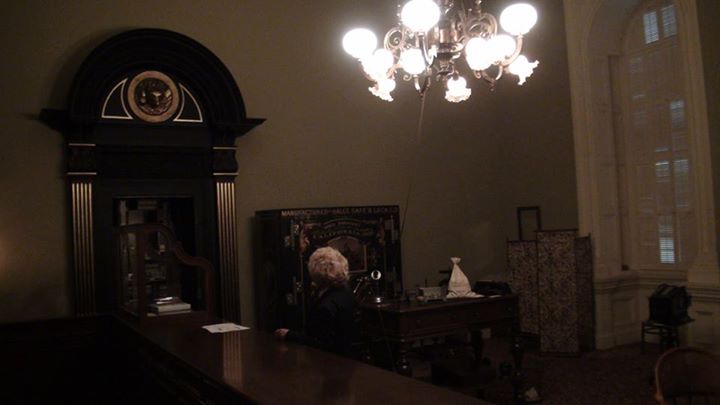
Saturday, 15 June 2013
Therefore the law is holy, and the commandment holy and just and good. Romans 7:12
Five verses ago, the question was asked, “Is the law sin?” The answer was, “Certainly not!” Since that question and response, a defense of the law and an exposure of our troubled nature has been given. The result of these comments is our “therefore” in this verse.
The law is holy. If the law came from God, then it must be holy because He is holy. “The commandment” is speaking of whatever part of the law is being referred to. In this case, “You shall not covet.” The commandment, which is a portion of the law, is holy. In other words, if the law is holy, then all of the law is holy. This is why James could say in his epistle that whoever keeps the whole law, and yet stumbles in one aspect of it, he is guilty of all. If a holy precept found in the law is violated, the entire law is broken.
And not only is the commandment holy, but it is also “just.” What God determines is just because it stems from His righteous nature. Therefore, the penalty which comes from violating the standard is holy and just.
And equally true is that the law is “good.” What it expects is good, and when it is adhered to then good will result. There is no failing in the law. All that it entails is right, but when we don’t obey what has been given, then fault results. The goodness and beauty of God’s law is described in detail by David in the 19th Psalm –
“The law of the Lord is perfect, converting the soul;
The testimony of the Lord is sure, making wise the simple;
The statutes of the Lord are right, rejoicing the heart;
The commandment of the Lord is pure, enlightening the eyes;
The fear of the Lord is clean, enduring forever;
The judgments of the Lord are true and righteous altogether.
More to be desired are they than gold,
Yea, than much fine gold;
Sweeter also than honey and the honeycomb.
Moreover by them Your servant is warned,
And in keeping them there is great reward.”
Psalm 19:8-11
Life application: Like Psalm 19, the 119th Psalm gives a beautiful and lengthy discourse on the nature of God’s law. It is 176 verses which are subdivided into 22 octaves. Take time each day before your Bible reading to read one octave of this Psalm. By doing so, you will set a proper tone for the rest of your Bible reading. Make this be your daily habit for all the days of your life.
O Lord, my Lord! Thank You for the beautiful word You have given to us. Everything it details is perfect and pure. Each word is given to lead us to a fuller and more perfect walk with You. Give me the heart and desire to read from it all the days of my life. And Lord, may my thoughts and meditations of it be properly directed to a deeper understanding of Your work in my life. Amen.




